Delta 8 vs Delta 9 THC
Delta 8 is a THC compound found in the cannabis plant. It produces milder euphoric effects and has a lieu of therapeutic benefits like:
- Improving behavioral problems associated with Alzheimer’s and other types of dementia (agitation and aggression)
- Stimulating appetite
- Suppressing nausea and vomiting
New research investigates the impact of Delta 8 THC on the brain. It seems that delta-8-tetrahydrocannabinol (Delta 8 THC) increases acetylcholine levels. Acetylcholine is a neurotransmitter that helps sustain memory and learning, and improves the overall mental health.
Read more about the differences between Delta 9 and Delta 8 THC and how they can improve your health. One way to do that is with nama CBD Elevate Gummies. They contain 12.5 mg of Delta 8 THC, are completely vegan, and taste delicious!
Cannabis and the Endocannabinoid System
Tetrahydrocannabinol (THC) is one of more than 100 cannabinoids found in the cannabis plant. The other most common cannabinoid is cannabidiol (CBD). Unlike THC, CBD cannot get you high. Many people microdose cannabidiol to alleviate chronic pain, reduce stress, and improve sleep quality.
Cannabis contains many more important compounds that interact with the body’s endocannabinoid system (ECS).
What is the ECS?
The endocannabinoid system is a network of neurotransmitters and receptors. It helps regulate important bodily functions, such as memory processing, pain perception, sleep, emotions, and others. The human body produces its own endocannabinoid neurotransmitters that interact with two main cannabinoid receptors: CB1 and CB2 receptors.
CB1 and CB2 cannabinoid receptors are stimulated during cannabis consumption. Phyto-cannabinoids (cannabinoids that come from plants) interact with the ECS similarly to our own innate neurotransmitters to regulate bodily functions.
CB1 receptors serve to regulate brain function and are implicated in the pain-relieving effects of THC. They are also responsible for THC’s psychoactive effects. CB2 receptors, in turn, modulate inflammation and the immune system, and are important in controlling the central nervous system.
THC and CBD affect the endocannabinoid system differently. THC binds to and activates CB1 and CB2 receptors. Delta 9’s interaction with CB1 receptors produces analgesic, anticonvulsant, and antiemetic effects—it relieves pain, reduces epileptic seizures, and treats nausea and vomiting.
One study reveals beneficial effects of THC on the cardiovascular system. It seems that Delta 9 THC increases levels of oxygen in our body tissues via activation of CB2 receptors.
Unlike THC, cannabidiol does not seem to bind directly to CB1 or CB2 receptors. Instead, CBD downregulates the effects of both cannabinoid receptors in the presence of THC. According to research, when THC and CBD are taken together, CBD seems to ‘reduce the likelihood of psychoactive effects’ of THC.
Our Relax Plus Gummies offer the precise dosage of THC and CBD every time. They are a terrific fighter against stress and chronic pain with only 5mg of THC and 25mg of CBD. The refreshing watermelon taste makes these gummies a great addition to your microdosing routine. Because of low THC doses, these delicious edibles do not cause cannabis intoxication and should not affect your driving ability.
The Entourage Effect
THC and CBD each have potent therapeutic effects on our brain and body when acting on their own, but seem to have a synergistic effect when taken together that exceeds the effect predicted by their individual capabilities. There are many differences between THC and CBD, and they work together in a hypothetical synergy termed the entourage effect.
Many cannabis users report beneficial outcomes from the entourage effect. These include relief from insomnia, improved quality of sleep, relief from chronic pain and inflammation, and lower anxiety.
Taking cannabis products that contain more than one cannabis compound is the best way to produce the entourage effect. Our full spectrum gummies contain cannabidiol and Delta 9 THC, as well as terpenes and other cannabinoids—CBN, CBG, etc.
Broad spectrum CBD also combines CBD with other cannabinoids, terpenes, and flavonoids, but it doesn’t contain THC. Try our broad spectrum CBD gummies if you want to steer clear of THC.
In addition to CBD and other cannabis compounds, full spectrum CBD products contain THC. Our gummies with CBD and THC will reap the benefits of combined cannabinoids for the ultimate entourage effect.
To learn more, check out our guide to the differences between full spectrum and broad spectrum CBD. Also, make sure to read our detailed comparison of CBD isolate and full spectrum CBD.


![Buzz Packs™ [THC and CBD Powder Drink Mix]](http://www.namacbd.com/cdn/shop/files/nama_buzz_packs_thc_drink_pack_white_background.png?v=1741884660&width=480)
![Buzz Packs™ [THC and CBD Powder Drink Mix]](http://www.namacbd.com/cdn/shop/files/Buzz_Packs_Label.png?v=1741884660&width=480)


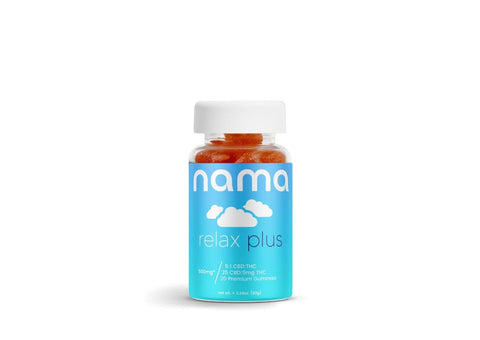
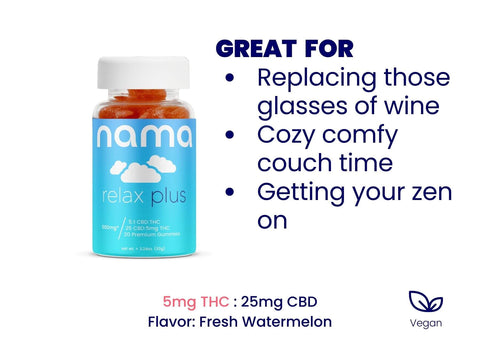
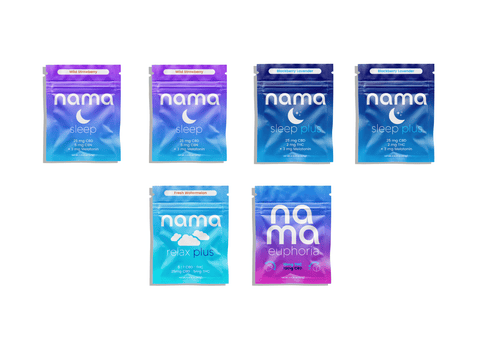
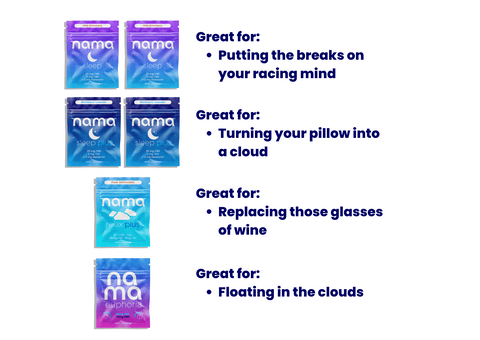
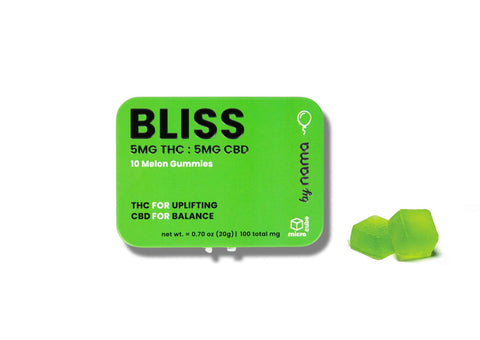
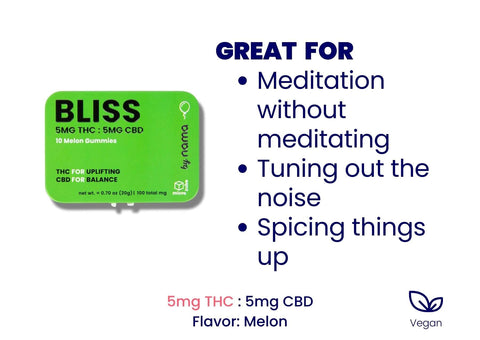
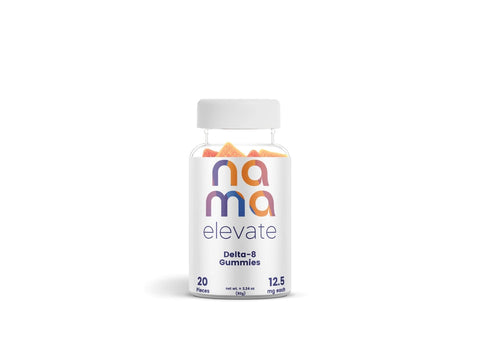
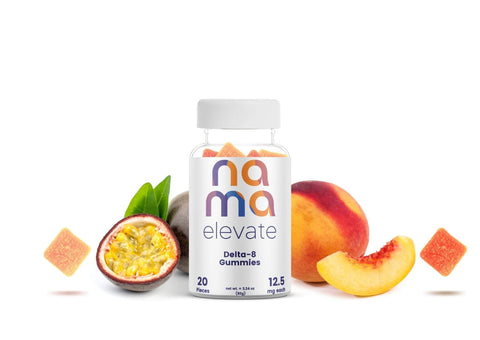
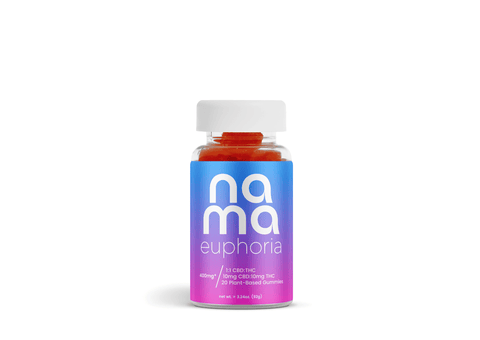
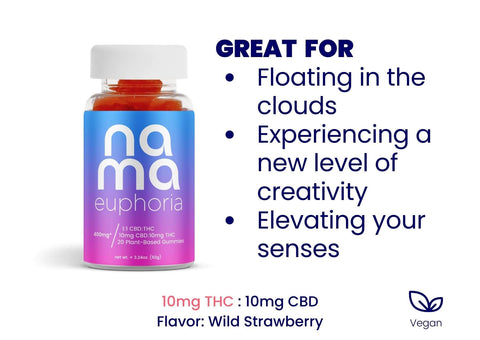
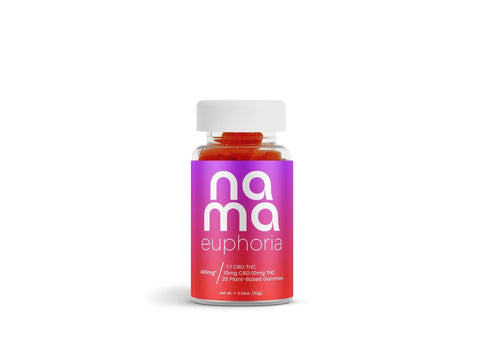
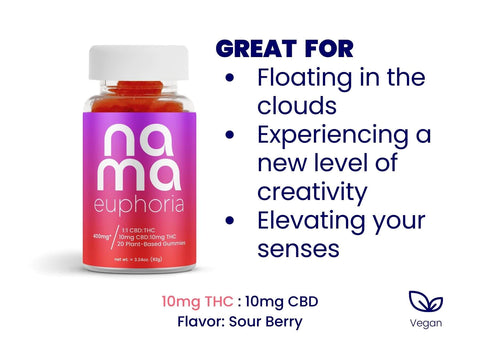









![Buzz Drops™ [THC Drink Drops]](http://www.namacbd.com/cdn/shop/files/nama_thc_buzz_drops.png?v=1711412866&width=480)
![Buzz Drops™ [THC Drink Drops]](http://www.namacbd.com/cdn/shop/files/buzz-drop-wine-comparison.png?v=1736882023&width=480)


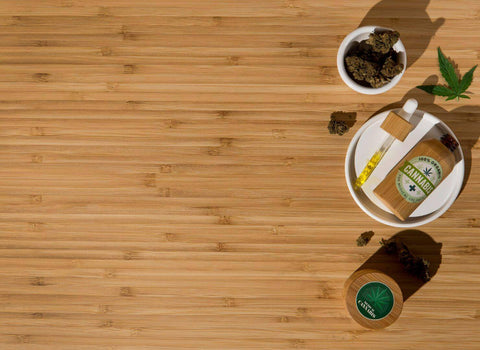



Comments (0)
There are no comments for this article. Be the first one to leave a message!